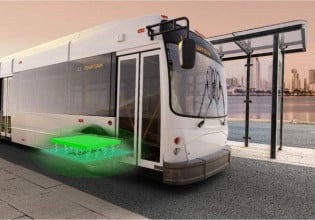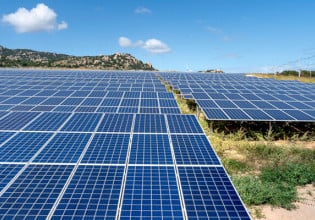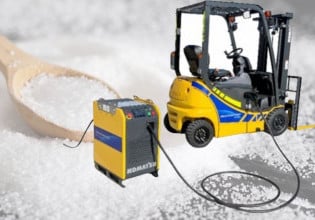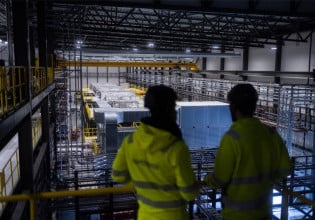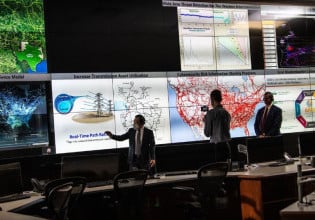A consortium of 17 companies and research institutions will begin research and development on processes for large-scale series production of lithium-ion battery cells in January 2018. The goal of the project is to explore innovative solutions along the value chain of lithium-ion technologies, and validate these through demonstrators.
The project is led by TerraE Holding GmbH, which intends to subsequently implement the results achieved in large-scale series production in its own plants in the near future. The €12.1 million project received a €5.5 million grant from the Federal Ministry of Education and Research (BMBF) and will have a term of 18 months.
“With the ‘Fab4Lib’ project, the BMBF is promoting the development of battery cell production in Germany. The goal is to provide German companies access to battery cells. This is especially important for automotive manufacturers. Batteries represent a major link in the electric vehicle supply chain,” says Thomas Rachel MdB, State Parliamentary Secretary at the Federal Ministry of Education and Research.
BMBF and the project partners aim to bring together expertise along the value chain – from raw materials to recycling. Consortium partners are already supplying large-scale series production technology to international customers.
This joint approach combining specialists in a variety of fields is designed to create a large and competitive supply chain in Germany in order to handle the market demand for lithium-ion battery cells, which is expected to grow in the near term.
The final goal of the project is to develop a competitive production plant with an annual production capacity of 6 GWh. This unit can be expanded in a modular way whenever and wherever additional capacity is required.
Partners in the Fab4Lib project include; TerraE Holding GmbH, StreetScooter GmbH, BMZ Batterien-Montage-Zentrum GmbH, SGL, CARBON GmbH, Umicore AG & Co. KG, Custom Cells Itzehoe GmbH, Litarion GmbH, M+W Group GmbH, Manz AG, Siemens Aktiengesellschaft, ThyssenKrupp System Engineering GmbH, MEET Batterieforschungszentrum der WWU Münster, Chair of Production Engineering of EMobility Components (PEM) of Rheinisch-Westfälische, Technische Hochschule Aachen (RWTH), Zentrum für Sonnenenergie- und Wasserstoff-Forschung Baden-Württemberg (ZSW), Öko-Institut, Institut für angewandte Ökologie e.V. and associated partners Solvay Fluor GmbH und Leclanché GmbH.


